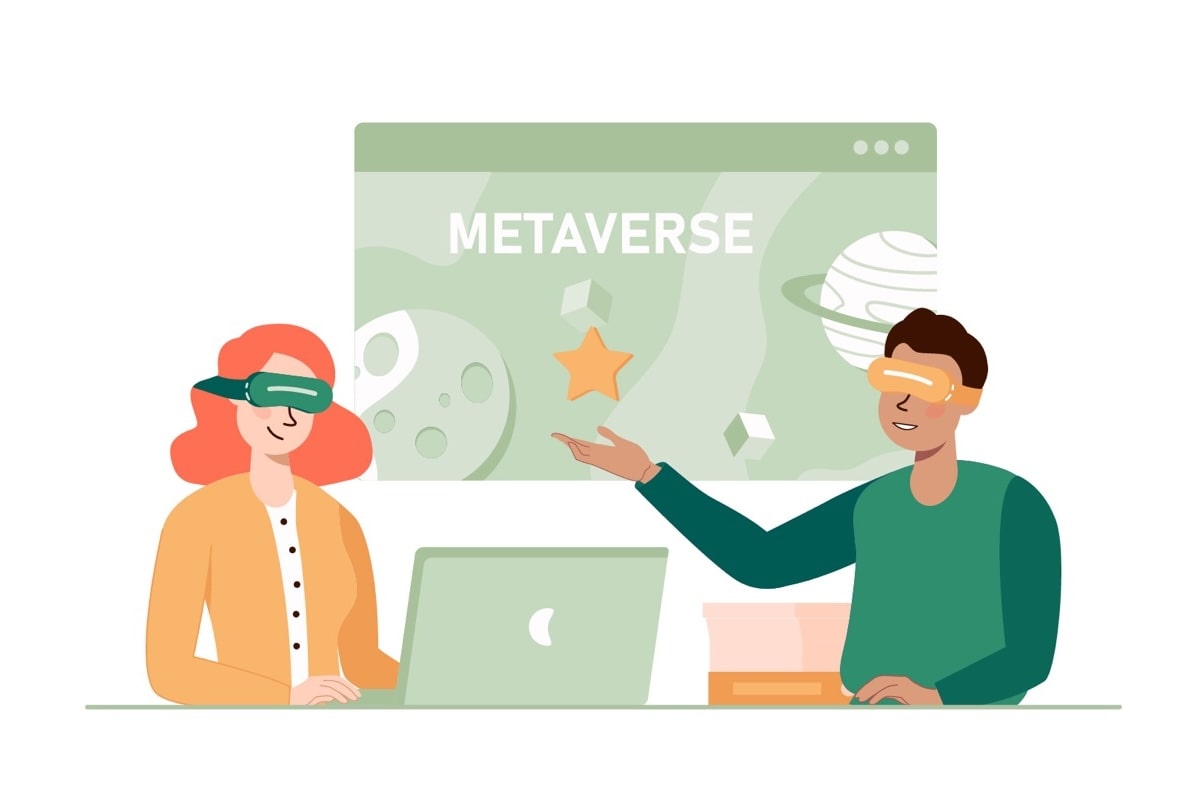The European Parliament Committee wants the EU to lead metaverse development and reduce the bloc’s technological dependency.

The European Parliament’s Committee on Internal Market and Consumer Protection reported on opportunities, risks and policy implications of virtual metaverse worlds.
The report adopted on Tuesday, Nov. 28, with 31 votes in favour and two against, continues the agenda laid out in the European Commission’s previous communication on virtual worlds as of July 2023. At the same time, the report calls for clearer definitions, new standards and global governance.
Compared to the July plan, a new report proposes several compromise amendments. The EU lawmakers aim to strike a balance between the potential benefits of the metaverse and the risks and challenges it presents for consumer rights, competition, inclusion, child safety, and sustainability.
The report also highlights the need for interoperability between different virtual world ecosystems and open metaverse standards to prevent monopolies.
In addition, the report stresses the importance of developing innovative virtual world technology within the 27-nation union, instead of relying on other countries to create and define the future of tech.
“Europe cannot afford to lag behind in the next digital revolution nor can we repeat past mistakes. As we step into Web 4.0 with the development of virtual worlds, we have to lay a foundation, rooted in strong EU digital rules, guiding principles and values. Europe has to lead this transition, placing citizens at the heart of our digital future!”
Pablo Arias Echeverría, the rapporteur, Committee on the Internal Market and Consumer Protection
The term “metaverse,” which first appeared in the cyberpunk novel “Snow Crash” by Neal Stephenson, describes a persistent immersive digital space which creates a sense of presence in a realistic environment.
The definition of virtual worlds in EU communication narrows the concept down to immersive environments based on extended reality (XR) and 3D technologies. It doesn’t mention blockchain, though it is the main facilitator of the metaverse today.
Currently, metaverse-like experiences can be mainly observed in multiplayer online video games, e.g. Second Life, Fortnite, Decentraland, Roblox, and Active Worlds. Nevertheless, businesses of all kinds are already experimenting with the technology, looking for new effective means to advertise to a younger digital audience.
The fintech industry doesn’t lag behind, offering clients various opportunities for banking in the metaverse.









